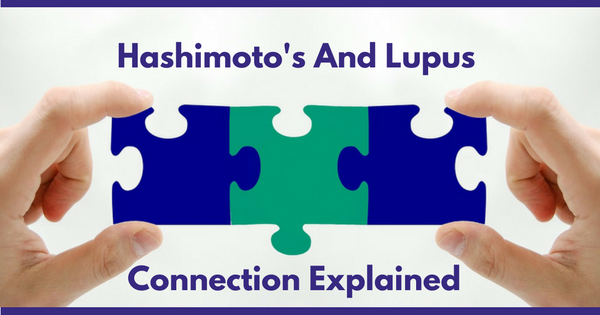So, What Happens In Your Gut When You Eat Gluten?
Whether you are eating a sugary fried doughnut or organic 12-grain bread, the effects of gluten on your gut are the same. When your meal reaches your intestines, tissue transglutaminase (tTG), an enzyme produced in your intestinal wall, breaks down the gluten into its protein building blocks, gliadin and glutenin.
As these proteins make their way through your digestive system, your immune system in your gut, the gut-associated lymphoid tissue (GALT), reviews them for potentially harmful substances. In people who have no issues with gluten, the proteins are absorbed. In those with gluten sensitivity, the GALT identifies gliadin as a dangerous substance and produces antibodies to attack it. In celiac’s, these antibodies don’t just attack the gliadin, they attack the tTG as well, which is what originally broke down the gluten into its two parts.
This enzyme, tTG, has a number of jobs, including holding together the microvilli in our gut. Your body collects nutrients by absorbing them through the walls of your intestines, and the more surface area there is, the more they can absorb. Imagine trying to soak up a gallon of water with a paper towel versus a bath towel. Microvilli, which look like hairy fingers, exist in your intestines to increase the surface area and absorb nutrients.
When the antibodies your body produced to defend itself against gliadin attack your tTG, these microvilli can atrophy and erode, decreasing your ability to absorb nutrients and allowing the walls of your intestines to become leaky. This can manifest itself in digestive symptoms, including bloating, constipation, diarrhea, weight loss, fat malabsorption and malnutrition, such as iron deficiency or anemia, low vitamin D or even osteoporosis.This blunting of the microvilli is the hallmark of celiac disease, which is an autoimmune disease.
Are You Ready For Optimal Health?
Call us at 321-783-1960
 We are offering a discounted consultation fee with the mention of this post to FaceBook. Please call us today to find out more 321-783-1930
We are offering a discounted consultation fee with the mention of this post to FaceBook. Please call us today to find out more 321-783-1930
299 N. Orlando Ave.
Cocoa Beach, Fl. 32931




Comments
Post a Comment